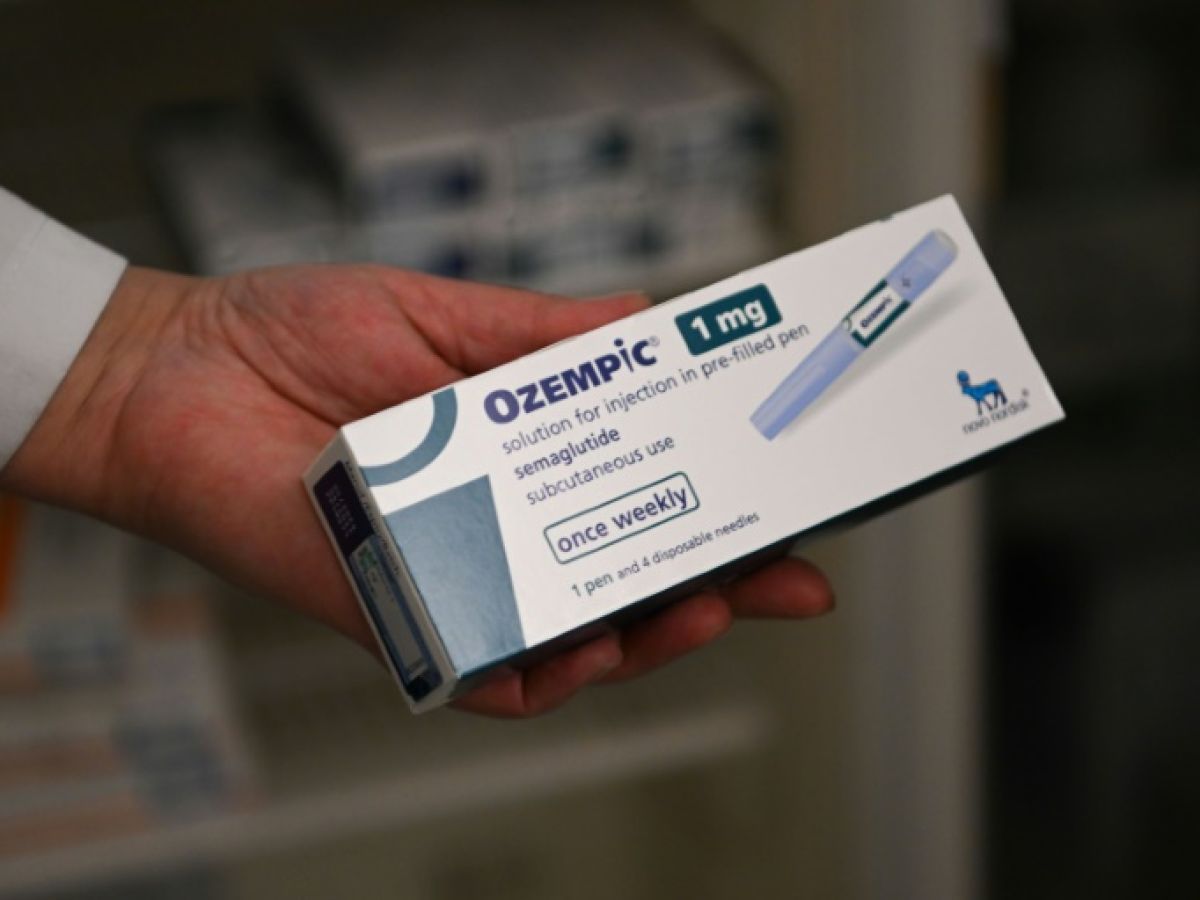The antidiabetic drug Ozempic is gaining popularity in Kosovo for its slimming properties, a craze that is driving up demand and pushing up prices, despite warnings of possible side effects.
Kosovo has not escaped the international phenomenon of this drug diverted from its initial use and Ozempic invaded the market of this Balkan country about five years ago, which has become culturally linked to the West.
One of her latest followers is this influencer with more than 15,000 followers who has "decided to give it a try." "I want to lose 15-16 kilos in two months," Tringa Kadriu, 29, told AFP, "and then I'll continue with fitness."
Designed to treat type 2 diabetes, the drug relies on mimicking a gastrointestinal hormone (GLP-1) that activates receptors in the brain that play a role in regulating appetite.
Ozempic is enjoying worldwide success among non-diabetics outside of its primary use for weight loss, and is sometimes promoted virally on social media. Approved in the United States in 2017 for type 2 diabetes, for example, it quickly became a hit.
In Kosovo it is easy to get hold of them.
"I checked many pharmacies in Kosovo," and "Ozempic is very easy to obtain. I was told that you can come whenever you want to get the medication. I was even advised to start with a dose of 0.25 and gradually increase to 0.5 and 1.0 milligrams," says Tringa Kadriu.
– Without prescription –
"There is great interest in using this drug among people who do not have diabetes but are obese," explains Merita Emini-Sadiku, director of the endocrinology clinic at the University Clinical Center of Kosovo.
The drug can be included, under supervision, in anti-obesity therapy by specialists "when an obese patient has risk factors for developing diabetes," she believes. But there is no question of it being used "solely for cosmetic reasons."

According to her, the monthly dose has increased from 75-80 euros to 130-140 euros, "probably due to high demand."
This drug "must be prescribed by a doctor," warns Ms. Emini-Sadiku, because it can cause side effects that people are not aware of. Recent studies suggest, in particular, the possibility of developing thyroid cancer, in addition to the risks of pancreatitis or intestinal obstruction.
However, Tringa Kadriu assures that she sees "colleagues taking Ozempic every day at work" and that she "does not see any symptoms that would put her off."
At a pharmacy in central Pristina, a saleswoman, who wishes to remain anonymous, cannot remember the last time someone came in to buy Ozempic with a prescription for diabetes.
"We have a constant demand for Ozempic without a prescription. You can guess why," she says.
In a written response to AFP, the Ministry of Health acknowledged that "the use of Ozempic has become common in Kosovo," "increasingly used for weight loss purposes," even though "this use has not yet been approved in Kosovo."
- " Waste " -
A general practitioner, who also prefers to remain anonymous, explains that he advises his patients against using it for weight loss "because it owes its popularity mainly to the fact that big names like Elon Musk and Oprah Winfrey have used it."

Some experiences using the drug to treat obesity have been disappointing. "I took Ozempic on the advice of a doctor for two years, but it had no effect," says Lulzim Rrahmani, a 48-year-old trader who deplores the "waste of money and time."
Ms. Emini-Sadiku advocates for greater control over its circulation. But "unfortunately, there is no data," since Kosovo "does not have a health information system in which every patient and every medication used is recorded," points out specialist journalist Bujar Vitija.
"There are 1,500 or 1,600 private pharmacies in the country" and according to him "it is impossible for them to be monitored by the pharmaceutical inspectorate with only 20 inspectors."


